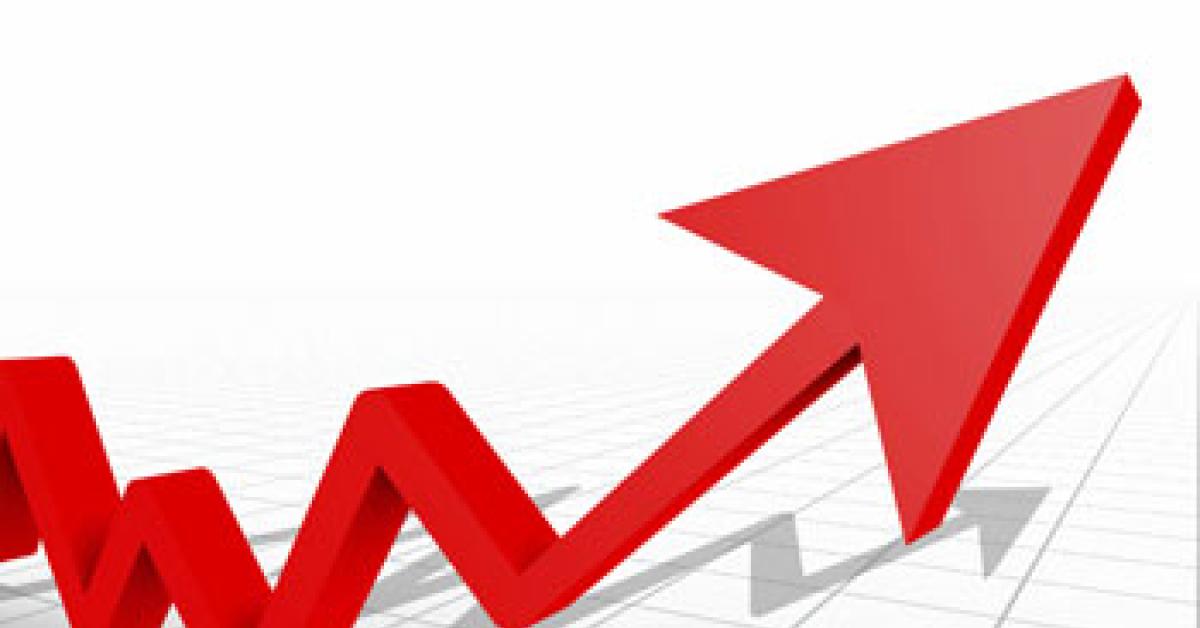PEMBROKE, Mass. — I meet lots of drycleaners who are looking to sell. There’s nothing wrong with that, but there is a time to sell and a time not to sell. This is a time not to sell. Wait a few years, and it should be a better market. You might even double your price if you wait. Here’s why.
The current economic situation is quite tenuous. Now, nobody is ever really sure what’s going on, but the last few years have been particularly iffy. In 2008, the economy almost collapsed. We have not experienced such a crisis since the Great Depression. Government tinkering averted a complete meltdown, but the fear of that almost-catastrophe lingers.
The economic situation is looking up. Major companies such as Microsoft, Intel and Exxon have billions in their tills. The stock market has recovered, and the future looks promising. If you’d invested $100,000 in the market at the depth of the recession, you might have $140,000 now.
Despite recent hikes in gasoline and food prices, inflation is more or less in check. Unemployment is heading downward slowly, though some pockets of the country have huge depletions of jobs. Still, there is much more opportunity today than there was two years ago.
Despite this good news, many are still afraid of what’s around the corner. Owners feel that their enterprise, no matter how successful, could slide out of profitability if an unfortunate event occurred. For example, a few key employees could quit and re-emerge as competitors. A major customer could switch providers. Or a key wholesaler could go out of business, and have to be replaced at greater cost.
In the old days (let’s say 2005), the buccaneers of business were brash. They weren’t worried about a contingency, because they had confidence in themselves. They knew they had the stuff to meet any challenge. Today, they keep a low profile and hope for the best. Some owners worry that the marketplace will do them in. Many small operations are marginal, and their owners consider walking away every day.
Recently, Borders declared bankruptcy and closed half of its outlets. In moments of despair, many a business owner says, “If a company with name recognition and a market presence like Borders can’t make it, how will I?” Fear fuels such thoughts.
As one economist says, “We are advancing, but progress seems hollow and tentative.” The prevailing attitude is that now is not the time to go into business. And anyone contemplating buying a business will think that it can be had for a steal. Profit projections are suspect; the prospect wonders why you’re selling. Is it because the business is collapsing?
Say you set the price at $300,000. The prospective buyer will not be interested in your estimates of future profitability. He will reduce the profit stream to zero because the future is so iffy. He will add up your assets, and offer you 80% of asset value because the risk of failure is so great. So you might be looking at a sale price of $150,000 or so—clearly not what you expected.
In two or three years, the economy should be more buoyant. Growth might not be high, maybe just 2-3%, but companies will be on a more solid footing. The financial collapse will be a thing of the past. People will say that foolish economic behavior such as approving mortgages on nothing down will never happen again. In fact, foolish economic behavior most definitely will happen again, maybe even the same things. But the conventional wisdom—that we have learned from our folly—will be the prevailing attitude.
With such an economic outlook, individuals will consider that buying a business is their way into the American dream. With this mindset, you’ll get substantially more for your business. You will be able to dicker from a position of strength rather than weakness. It will make a major difference in your negotiations. Wait it out and sell at the right time.
Have a question or comment? E-mail our editor Dave Davis at [email protected].

